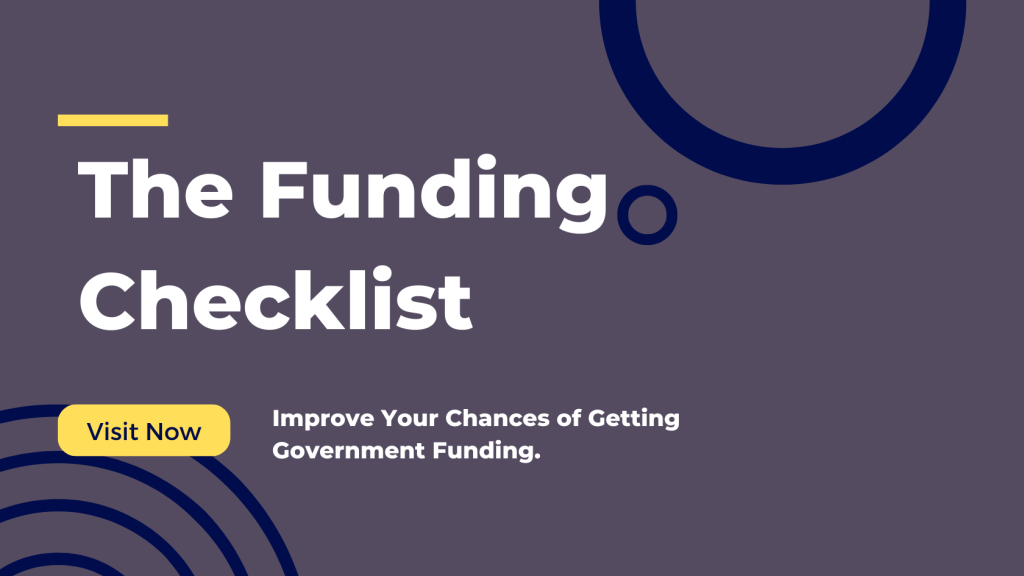Prince Edward Island, with its unique market and community, offers a fertile ground for home-based businesses. Recognizing the potential, we have extensively researched home-based business ideas that are particularly feasible for Islanders. While some business ideas out there require substantial investment, we’ve focused on those that are attainable with minimal financial input.
To assist entrepreneurs in PEI, we’ve compiled a list of practical and profitable home-based business ideas that require little to no initial capital. Our guide can help you start a venture right from the comfort of your home.
Get the Guide to Explore the Funding Potential for the 13 Businesses Listed
Here are some tailored home-based business ideas for PEI:
- Start a Blog: Blogging about topics that resonate with Islanders can attract a significant audience. Monetize through ads, affiliate marketing, or selling products/services online. Initial costs are typically under $100.
- Online Retail: E-commerce is booming, and selling products online via your website or platforms like eBay, Etsy, and Amazon can be lucrative. Look into drop shipping to reduce overhead costs.
- Property Rentals: With tourism being a major industry in PEI, renting out space through Airbnb can be profitable. This could range from renting out a spare room to your entire home.
- Driving Services: If you have a car and a driver’s license, joining Uber, Lyft, or local food delivery services can be a great way to earn money.
- Freelance Writing: With digital content in high demand, freelance writing can be a profitable venture. Your earnings will depend on your niche and client contracts.
- Thrift Store and Garage Sale Flipping: Purchase low-cost items from thrift stores or garage sales and resell them online for a profit.
- Home Inspection Services: With the real estate market in PEI, offering home inspection services can be lucrative. Certification may be required.
- Tutoring Services: If you have expertise in a specific area, starting a tutoring service, either in-person or online, can be rewarding.
- Seasonal Businesses: Capitalize on PEI’s seasonal trends, like Christmas decoration services.
- Mobile Car Maintenance: Offering mobile oil changes or car washes can cater to busy individuals.
- Home-Based Daycare: If you enjoy working with children, a home-based daycare service could be ideal.
- Photography Services: Turn your photography skills into a business, offering services for events or family portraits.
- Cleaning Services: Start a cleaning business, catering to residential and commercial clients.
These ideas are just a starting point. Each has its unique appeal and challenges, and it’s essential to consider your interests, available time, and suitability before diving in. Remember, a solid business plan is crucial for success, irrespective of the scale of your venture.
For PEI-specific funding options for these business ideas, explore available resources and potential grants.







Recent Comments